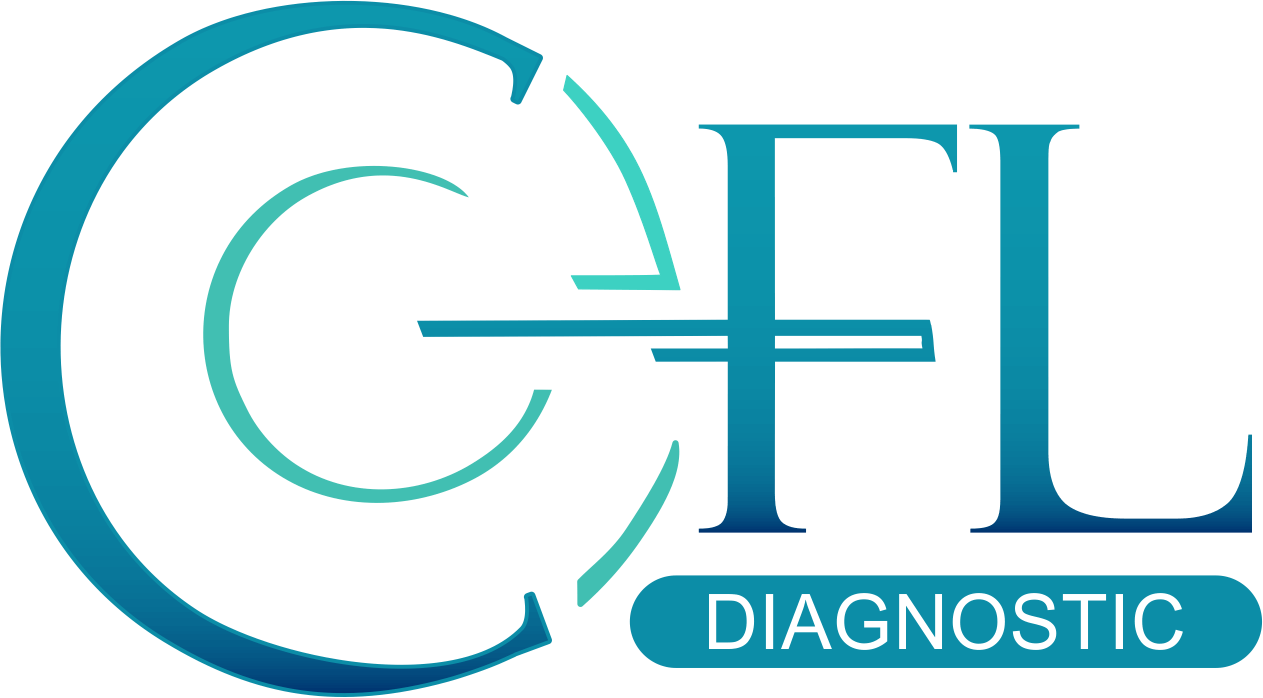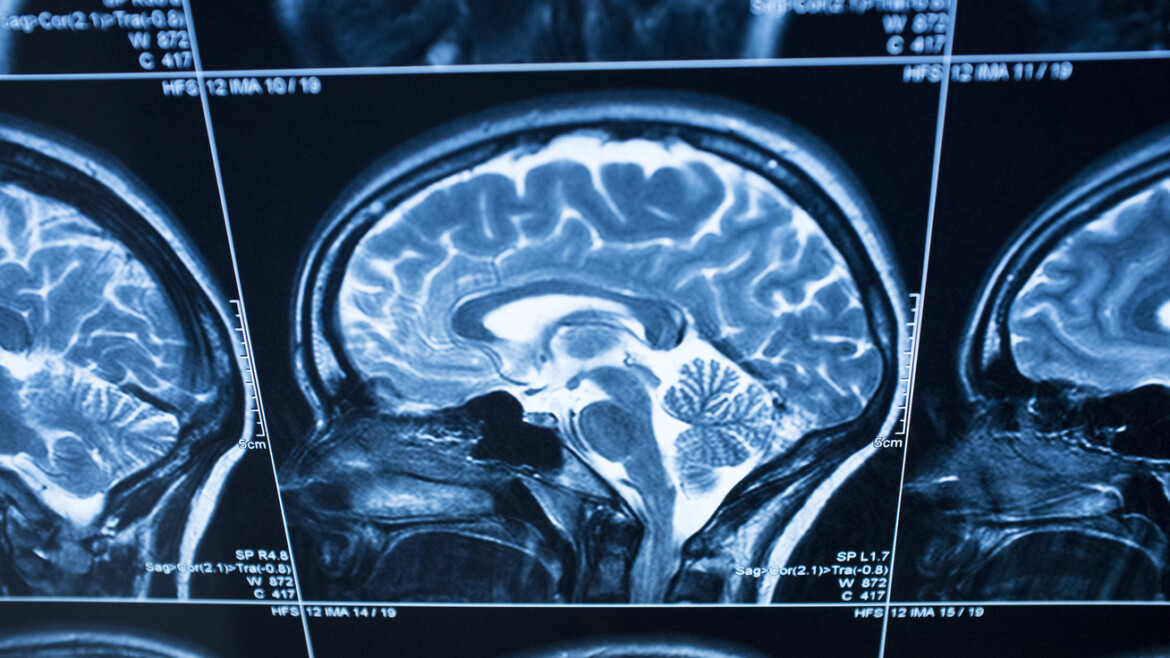Modern methods of diagnosing diseases have added to the list of those that can be detected at an early stage. Many of them are classified as highly radiated, which affects the body accordingly, but MRI has its own advantage in this regard. This is one of the safest and most modern methods of studying the human body, in the field of detecting pathologies and neoplasms. All you need to be sure of is that magnetic resonance imaging does not carry radiation information and can be performed several times a year. This topic should concern all patients of medical institutions who have a reason to undergo such an examination.
When is this procedure prescribed?
MRI allows specialists in this field to detect pathologies or establish an accurate diagnosis. This examination can be performed by adults and children. MRI is prescribed not only to detect the disease, but primarily to check previously performed operations. For example, after stenting, patients are sent for an MRI to make sure that the built-in product works.
MRI is also necessary if standard methods have not revealed accurate indicators and the diagnosis is preliminary. Passing the stage of magnetic resonance imaging is recommended for those patients who still have complaints of pain, dizziness, prolonged fever. For preventive purposes, experts recommend periodically undergoing an MRI, even if there are no complaints. This study has no contraindications that affect your health. The exception is rare cases when a person has high mobility, although in such situations, specialists can apply a relaxing anesthetic. With caution, assign the study to young children, because they can not lie still for a long time. Breast-feeding does not become a contraindication to the examination.
MRI is indispensable in neurosurgery. Although, if we are talking about brain strokes, then CT is more often done here. The greatest merit of magnetic resonance imaging is the ability to detect neoplasms of a benign and malignant nature at the initial stages.
In such situations, our experts adhere to the competence and will select the most optimal solution to your problem.
No pain or other unpleasant sensations occur during magnetic resonance imaging. The only thing is that someone may not like the noise made by the tomograph. To protect yourself, use the issued headphones or earplugs.
The procedure lasts 30-60 minutes, depending on the complexity and type (with or without contrast). The results are ready in a short time. Then decipher the images-the task of the attending physician.
Very often, specialists in the field of MRI prescribe an examination with additional contrast, where a substance based on gadolinium salts is actively used. This type of research allows you to identify the smallest neoplasms that are not visible in the usual way. It is also used to diagnose blood vessels. If necessary, the examination may be repeated.
Often, magnetic resonance imaging is performed after other (less informative, but cheap) methods. This is due to the fact that the information content is at a high level. An MRI on the shoulder that is not under the power of other methods.
Our specialists will always tell you how to pass the MRI correctly and give you the necessary recommendations, accompanying you throughout the entire stage of the passage.



